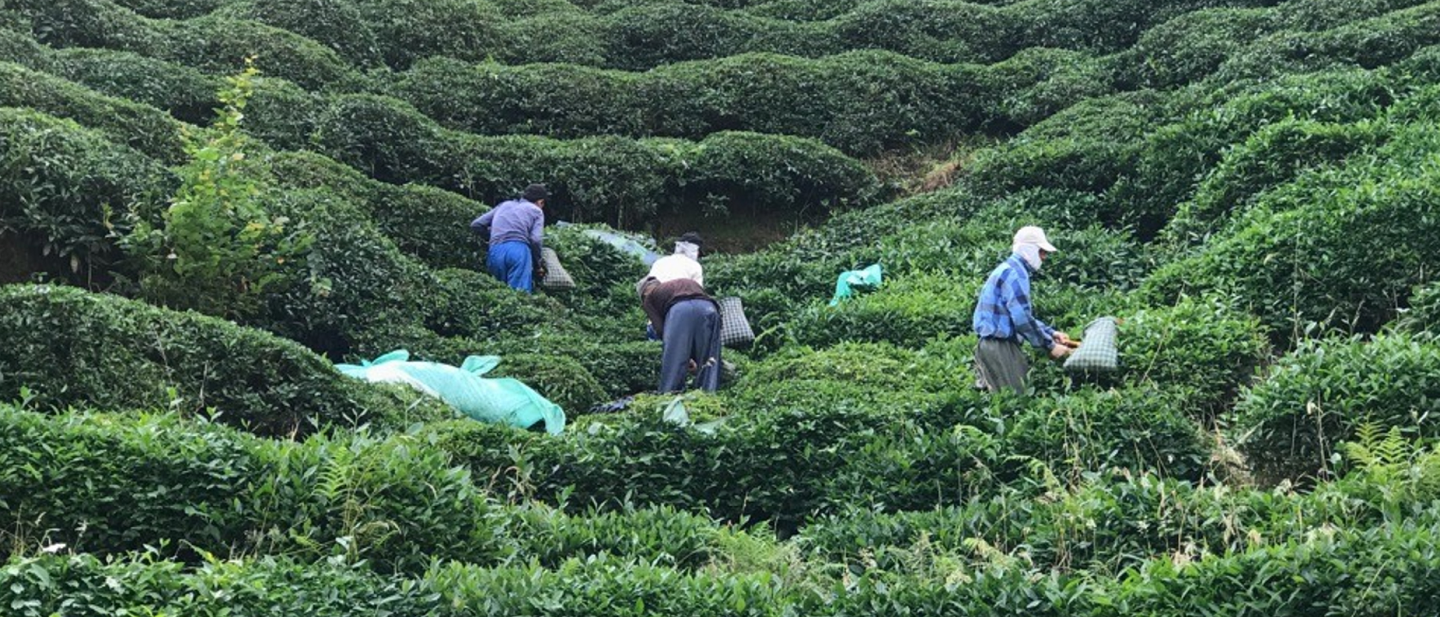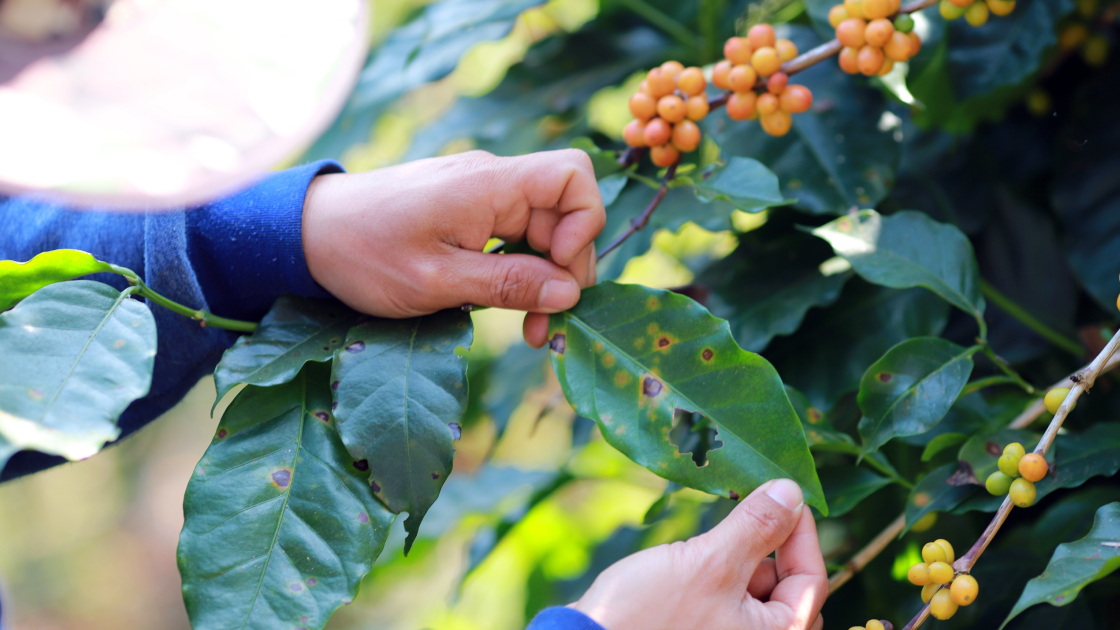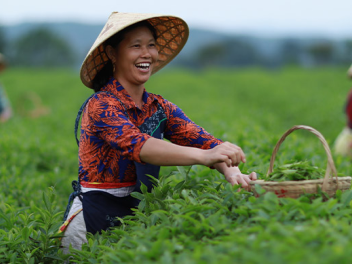
- Logo
- Our company
- Our brands
- Sustainability
- Social impact
- Careers
- News
- Investors
- Search
- Language
- Reciteme
Search


Partnering to Create Large-Scale Change for Migrant Workers and Families
Throughout the year, thousands of seasonal migrant workers and their families travel through Türkiye’s agricultural production areas following the harvest cycle from crop to crop. Often, the children work alongside their migrant parents, contributing to the household income but at the expense of their personal development.
The Coca‑Cola Company joined Harvesting the Future — a program led by the Fair Labor Association® (FLA) in Türkiye that brings together NGOs, local government agencies, companies, and sustainable agriculture platforms — to improve child protection and responsible labor recruitment for agriculture commodities. The project initially mapped supply chains, engaged stakeholders, trained suppliers, and labor intermediaries, and assessed human rights risks, including risks of child labor and hazardous tasks by young workers.
“The Fair Labor Association has worked for more than 20 years toward a future where responsible business means that fair working conditions are the standard, not the exception. Our partnership with Coca‑Cola in Türkiye aims at driving innovation in business practices in supply chains, thereby improving working conditions for seasonal agricultural workers and ultimately empowering workers and improving their lives.”
RICHA MITTAL, Senior Director, Agriculture, and Supply Chain Innovation
Currently, the program is focused on remediation for seasonal migrant workers and their families. This includes improved access to basic services for agricultural workers, stronger responsible recruitment and grievance mechanisms, and the exploration of the application of living wage standards in select commodities in Türkiye. Harvesting the Future is a multi-commodity and multi-company approach that is the result of a unique partnership with six international food and beverage brands, 22 suppliers, and many other ecosystem players — demonstrating the power and necessity of collaboration to drive real impact.

Impacts at a glance*:
- 746 farmer producers reached
- 528 worker groups mapped
- 9,440 workers impacted
- 363 labor intermediaries accessed
- Risk assessment conducted for 6 commodities across 13 cities, 35 districts, and 86 villages


